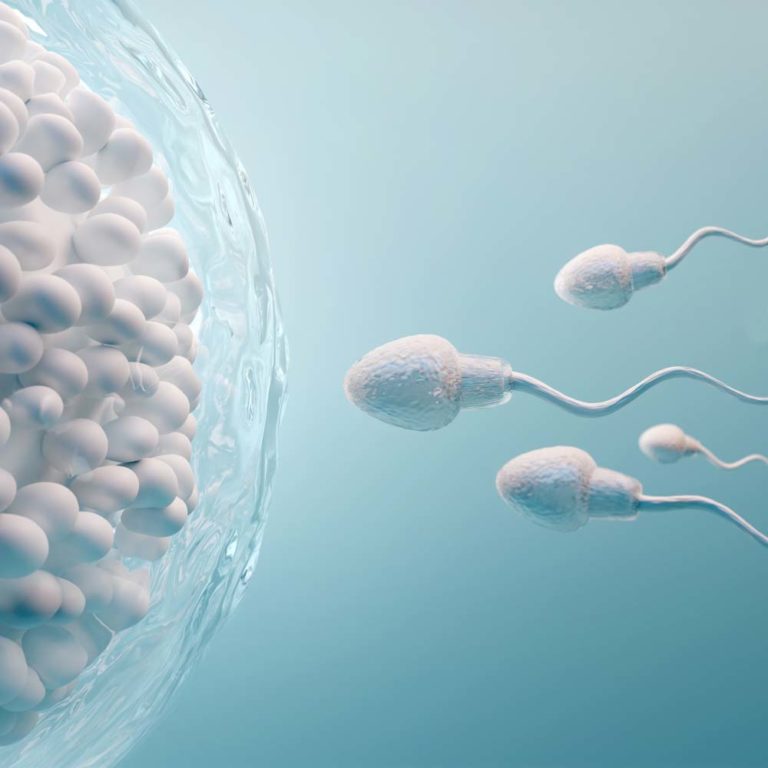Male sexual function
Medical Studies on Pregnenolone – Fertility

Fertility requires a healthy circadian rhythm, which is shaped by physiological melatonin levels. Any problem with the 24-hour cycle can have a negative impact on both female and male fertility.
Factors that prevent fertilisation
Factors include circadian rhythm disorders caused by jet lag and shift work, which adversely affects nocturnal melatonin production and ultimately prevents other hormones from being adequately produced. An impaired circadian rhythm also has a negative impact on the female menstruation cycle and can cause periods to become irregular or skipped, which can also have a negative impact on the reproductive system.
Melatonin and female fertility
Poor egg quality, often caused by oxidative stress, is considered to be one of the main causes of female infertility. With its anti-oxidative and anti-inflammatory properties, melatonin can prevent cells from being damaged by free radicals, which is especially important for ovulation. Especially in artificial fertilisation, eggs are exposed to even greater stresses. Researchers recommend that melatonin be administered before IVF in this case to improve egg quality.
Melatonin and male fertility
To improve male fertility, melatonin not only serves to increase the energy of the spermatozoa but also makes them faster and more agile. Melatonin also protects sperm from oxidative stress and improves its quality, which is essential to achieve successful fertilisation.